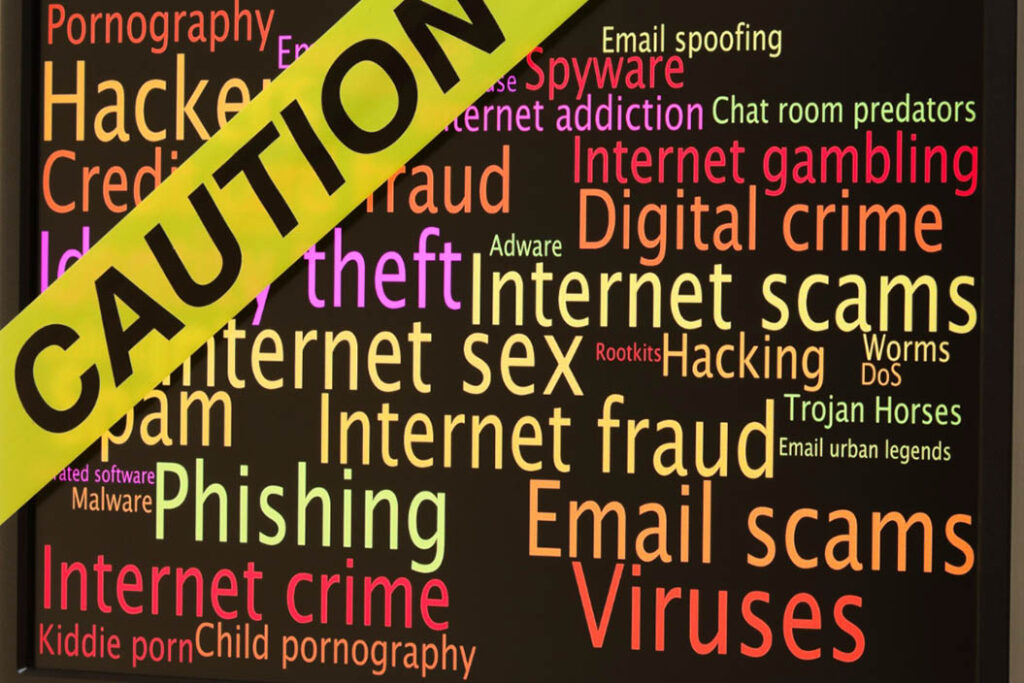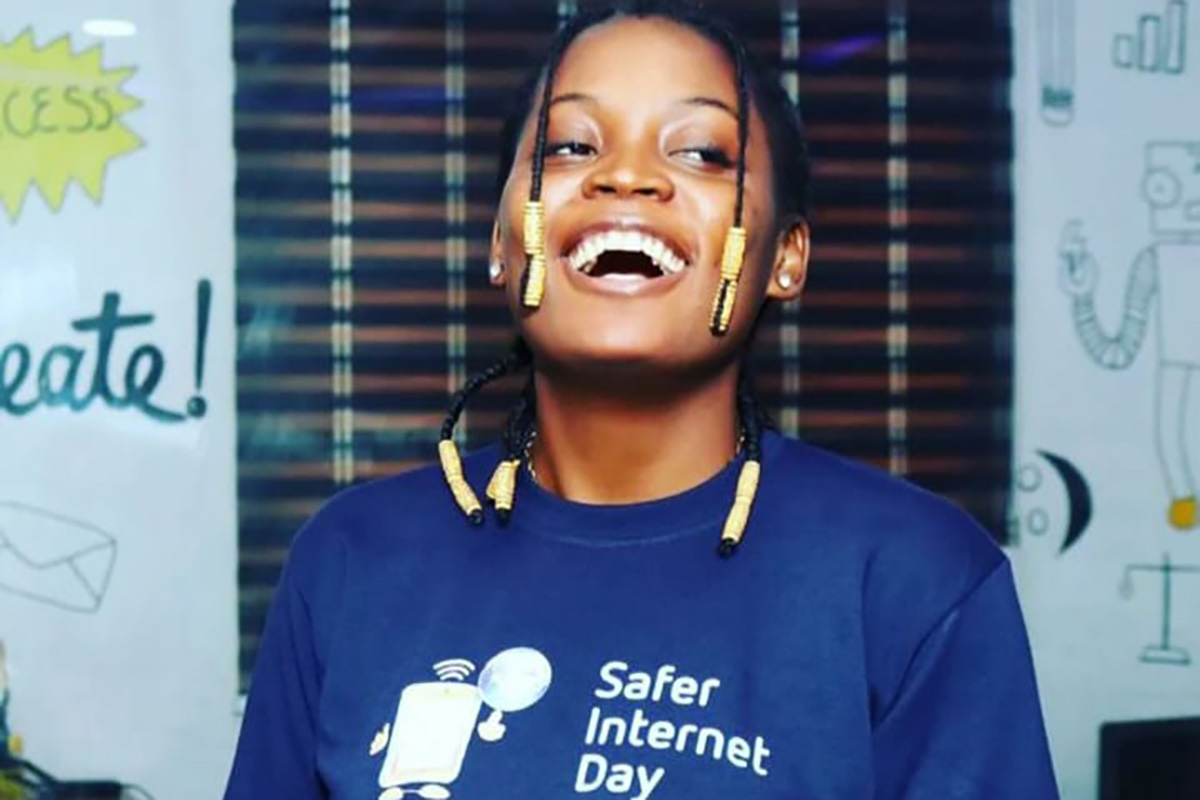Quianna’s Quest: An Avenging Adventure for Online Safety
February 6by Lilian Efobi
Quianna, a tech-savvy teenager with bold eyes, a curious mind, and a keyboard faster than lightning, found herself lost in the labyrinthine world of the Internet. It was a vibrant space, filled with endless possibilities to connect, create, and express herself.
But recently, she encountered an online predator who tried to prey on her innocence, fill her teenage mind with misinformation and request things she had spoken with her mum about during a conversation on Internet safety. Playfully, she informed her mum about this predator and her mum took quick action by managing the situation and informing the police.
Despite the intervention of the security unit, Quianna remained worried, because she had almost fallen victim, and that meant, several others, including her friends might not be as lucky as she was. She knew there were many more predators out there misinforming, preying, and cyberbullying young ones. The question became, how could she, and others like her, navigate this digital landscape safely?

In search of answers, Quianna embarked on learning about online safety and after three months of learning how to stay safe, she decided to to start an online safety club that educates and empowers young people with safety tips and the various risks online.
She named her group the Online Safety Avengers (OSA). Soon, she and other teenagers mirrored real-life online threats, outsmarted phishing frauds, navigated social media drama, fact checked all information and more. They also took their avenging duties to schools in their communities to educate other teenagers on online safety.
Through collaborative games and discussions, the OSA realized their individual voices, when united, could create a wave of positive change. They brainstormed ideas, from creating online resources for their peers to advocating for stricter regulations against cyberbullying.
Armed with a plan and a renewed sense of purpose, they ventured back into the online world, this time not as passive users, but as active changemakers. They organized online workshops, teaching their peers about digital citizenship, responsible online behaviour, and the power of their words. They collaborated with adults, encouraging open communication, and setting healthy boundaries for online engagement.

Quianna also started a blog, sharing her experiences and tips for online safety. She organized online discussions and encouraged her friends to join the OSA movement. Soon, their digital footprint wasn’t just about likes and shares; it was about empowering others, fostering respectful online interactions, and holding platforms accountable.
A small group of changemakers inspiring change on online safety, resonates with this year’s theme on Safer Internet Day: ‘Together for a Better Internet’. In 2023, Almost one-third (31 per cent) of women in Canada aged 18 to 29 years blocked someone because of harassment, and 17 per cent restricted their own access. Most alarming is the threat of online sexual exploitation and abuse. Some 80 per cent of children in 25 countries report feeling in danger of sexual abuse or exploitation online.
A safer Internet is the joint effort of the child, parents, educators, community, policymakers, corporate organisations, concerned individuals and bodies, for young people should be empowered with the knowledge, tools, and a platform for their voices, to create a safer, more responsible online ecosystem for everyone.
When next you open your browser or social media page, think about ways of making the Internet safe for another.
Below are some resources by the United Nations to help you stay safe and empowered online:
- Guidelines on Child Online Protection
- ITU Global Programme on Child Online Protection
- Child online protection in sports
- What works to prevent violence against children online?
- Convention on the Rights of the Child
- Digital misinformation/disinformation and children UNICEF report 2022
- Media & Information Literacy Curriculum for Educators & Learners
- Measuring digital development – Facts and Figures 2022
- Staying safe online (lesson plan for primary schools)
- Minding the data: protecting learners’ privacy and security






